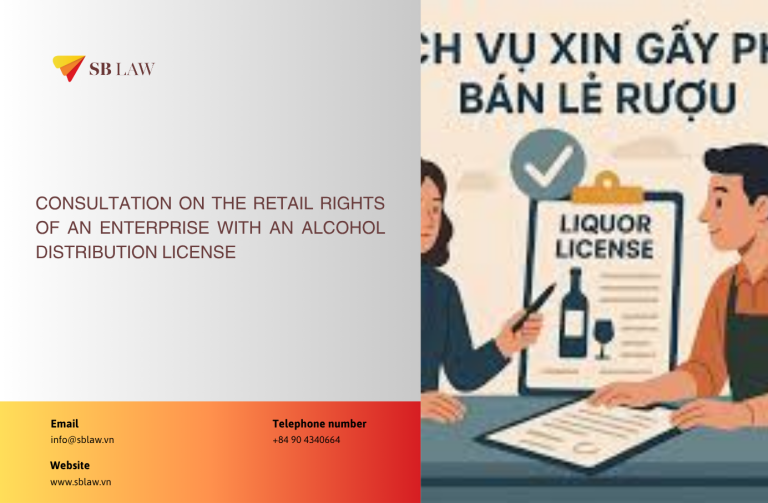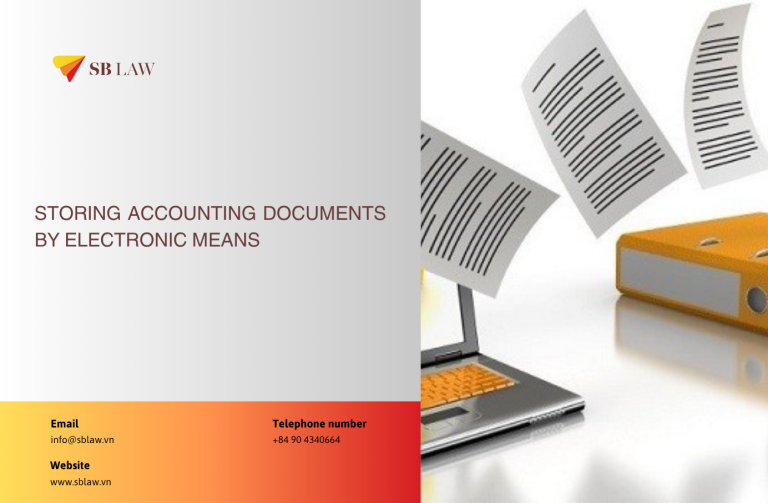Question:
My husband and I are both citizens of Taiwan. Throughout the course of our marriage, my husband held ownership of an apartment located in Binh Duong province, for which he was granted a Certificate of Land Use Rights and ownership of houses and other land-attached assets. My husband passed away on September 4, 2022, without leaving a will. The family members has entrusted me with the administration and adjudication of the estate. We seek counsel regarding receive this asset in Viet Nam?
Anwser:
The application of the law regarding the inheritance of real estate owned by foreigners in Vietnam:
Article 680 of the Civil Code 2015:
“1. Inheritance must comply with the law of the country of which the person who bequeathed the assets held nationality prior to his or her death.
2. The right to inherit immoveable property must comply with the law of the country where such immoveable property is located.
The Civil Code does not provide specific regulations on the mentioned issue. However, in Official Dispatch No. 6477/BTP-PLQT dated December 13, 2017, sent by the Ministry of Justice to the Department of Justice of Binh Duong Province, the guidance is as follows:"
“- Firstly, pursuant to clause 1 Article 680 of the Civil Code of 2015, ‘Inheritance must comply with the law of the country of which the person who bequeathed the assets held nationality prior to his or her death.' This means that the entire inheritance relationship with foreign elements (determination of inherited assets, heirs, inherited property, management, and distribution of inherited assets, etc.) and the jurisdiction for resolution follow the laws of the country to which the deceased person held nationality immediately before their death, without distinction between movables or real estate. Therefore, the Ministry of Justice suggests that your esteemed department consider guiding the litigants to contact the competent authority of the country where the person who bequeathed the assets held nationality immediately before their death to implement this process.
- Secondly, after the inheritance relationship with foreign elements (determination of inherited assets, heirs, inherited property, management, and distribution of inherited assets, etc.) is resolved according to the laws of the foreign country, the exercise of rights by the heir with regard to real estate (such as whether the heir is entitled to ownership of the property or only entitled to the corresponding value of the inherited property) must comply with Vietnamese law as stipulated in clause 2 Article 680.
- Thirdly, in cases where the laws of the foreign country refer back to the jurisdiction of resolution of inheritance to the competent authority of Vietnam, the documents proving the determination of the inheritance relationship issued by the foreign competent authority must be legalized through consular legalisation”.
Therefore, the determination of the entire inheritance relationship, including the identification of inherited assets, heirs, inherited property, management, and distribution of inherited assets, … must comply with the laws of Taiwan. However, the acceptance of inheritance regarding real estate in Vietnam must be carried out in accordance with Vietnamese law.
From the analysis provided, there are two issues you need to carry out:
1. Identify the heirs in accordance with law of your husband according to the laws of Taiwan and and signed a document of inheritance division agreement in Taiwan, clearly stating that she was given the right to manage and dispose of her husband's real estate in Vietnam by other heirs;
2. Carry out procedures to receive inheritance in Vietnam
Firstly, to be entitled to inherit real estate, specifically in this case, an apartment in Vietnam, the wife must meet the conditions outlined in point c clause 1 and point b clause 2 Article 159; clause 3 Article 160; point a clause 2 Article 161 of the Law on Housing 2014 as follows:
- You are allowed to enter Vietnam and not granted diplomatic immunity and privilege;
- Owning no more than 30% of apartments in an apartment building.
Second, you must carry out procedures for dividing the estate at a Notary office in Binh Duong.
Third, you must submit an application to register land changes and assets attached to land at the Department of Natural Resources and Environment of Binh Duong province.




